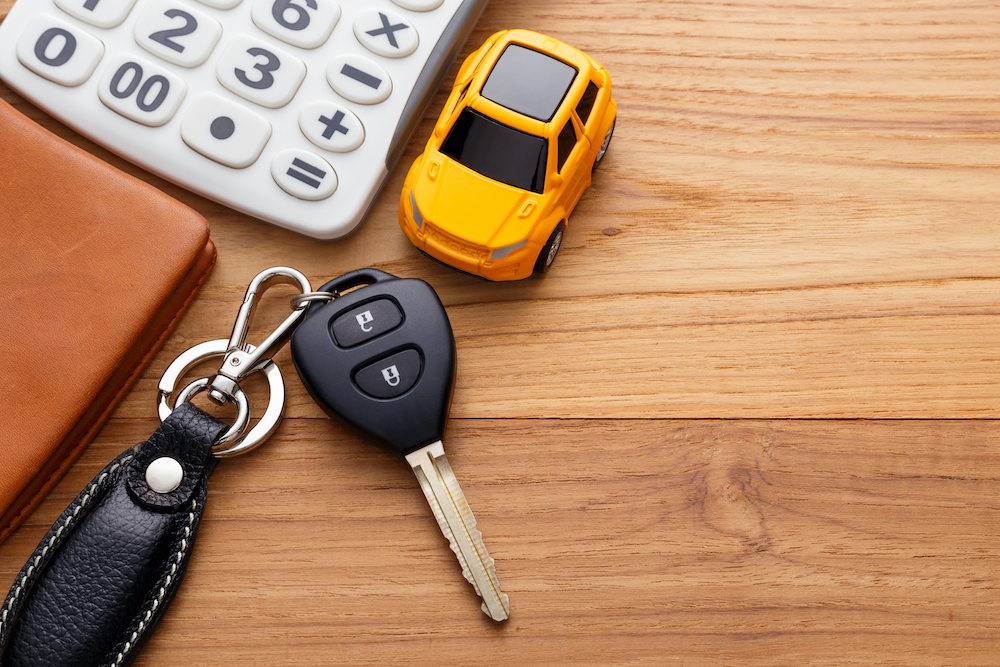Before we talk about vehicle tax, let’s clear up a common misconception.
“Vehicle tax”, “car tax” and “van tax” are not the same thing as “road tax”. The government funds road upkeep largely out of general taxation. That means that all road users pay “road tax” – car drivers, van drivers, motorcyclists, cyclists, and even pedestrians.
So what is vehicle tax?
It’s another word for vehicle excise duty (VED). VED is a sort of running cost for your vehicle. The amount of VED you pay depends on your vehicle’s CO2 emissions.
How Much is Vehicle Tax?
The lower your CO2 emissions, the less you’ll have to pay. The higher your emissions, the more you’ll have to pay.
The rate you pay depends on your vehicle’s CO2 emissions when it’s first registered. If you drive a diesel vehicle, you’ll have to pay a higher rate if you don’t meet the Real Driving Emissions 2 (RED2) standard for nitrogen oxide emissions.
You can see a complete breakdown of the VED tax rates for different vehicles here.
There’s a flat rate VED for vans, one that applies to almost all LCVs with a revenue weight of 3,500kg or less. For up to date tax rates visit the Gov website. There are additional tax classes for vans beyond this flat rate, and the amount you pay largely depends on your vehicle’s size.
You can read our full guide to taxing your van here.
How Do You Find Out if a Vehicle is Taxed?
You can find out if a vehicle as up-to-date vehicle tax on the government’s website.
All you have to do is enter the vehicle’s registration number. If you have the 11-digit reference number from your V5C logbook, as well as telling you whether the vehicle’s taxed, it’ll also tell you the current tax rates for your vehicle.
Can I Transfer Vehicle Tax?
If you buy a second hand car or van, can you transfer the vehicle tax?
No. Vehicle tax cannot be transferred between two different car owners.
So if you buy a second hand car or van, you’ll have to sort out your own tax before you drive it away.
The seller needs to inform the DVLA that they’ve sold their vehicle. They must complete the “new keeper” section of their V5C logbook, and send it to the DVLA. Meanwhile, as the vehicle’s new owner, you should keep the green section of the logbook.
You can tell the DVLA that you’ve sold, transferred or bought a vehicle using their online service. Head here to get started.
Don’t Forget Insurance!
You cannot insure your vehicle until you’ve sorted out your tax. And it’s illegal to drive without vehicle insurance.
We have a full guide to vehicle tax and insurance, and how the two work together, here. We also have a guide to van insurance groups, and how they work, which you can find here.
At Insure 2 Drive, we specialise in comprehensive insurance for cars and vans at an affordable price. Head here to get an online quote in minutes.




